FAQS
-
A: Like all stuff health-related, the answer is nuanced. Some people report experiencing immediate relief of symptoms, whereas other people find the beginning stages of therapy challenging. It is not uncommon for people to be in therapy for years—especially with complex trauma—but it is absolutely possible to see improvement in the short term. We encourage folks to communicate your hopes to your therapist early on so that they can structure a plan for you according to short-term or long-term goals.
-
A: While everyone on the team has worked with members of the BIPOC community, we recognize that the realities of navigating racism and marginalization are complex and nuanced. Some members of our team have lived experiences as as mixed-race or otherwise racialized people, and our team as a whole actively engages in professional development led by Black, Brown, and Indigenous leaders. We always prioritize your autonomy in therapy—and that includes choosing who you’d feel the most comfortable with—so we encourage you to look through our team member’s specialties to see who focuses on the BIPOC community.
-
A: Each of our therapists use a different blend of approaches and modalities, so the “typical” plan or structure looks different with everyone. Some of our team members follow a loose structure with each of their clients, whereas others take a “go with the flow” approach. We encourage folks to ask questions about the “typical process” during free consults so you can find the best fit for you.
-
A: We do not provide formal clinical assessments or psychoeducational assessments at Baldwin Psychotherapy, nor are we able to provide formal diagnoses. In Canada, only Psychologists, Psychiatrists, and doctors are able to provide formal diagnoses. That said, we can administer clinical assessments and questionnaires about a large variety of mental health challenges, and the results of such assessments can be shared with other care providers and/or inform your treatment in therapy.
-
A: Therapy provides a safe space to focus exclusively on you. Regardless of your specific goals and concerns, therapy often helps people become more self-aware, be more in-tune with their own needs, and feel more confident in addressing difficult situations.
-
A: As a psychotherapist, I (Kaitlin) cannot prescribe medication. Medication can only be prescribed by doctors or psychiatrists. I can collaborate with your doctor or psychiatrist, if requested, in order to help them assess your needs for pharmaceutical support.
-
A: No, though some people do choose to continue therapy for long-term periods (1yr+) on a consistent basis depending on the level of support they need. Ultimately, the goal is to help you feel confident and independent enough to move through life on your own. In that case, you may choose to return to therapy when going through transitions or difficult life events.
-
A: There's no exact answer, but a good rule of thumb would be if you find yourself thinking about it often—"it" being the possibility of reaching out for support, or the challenges you are currently facing. Even if you feel reserved or guarded, you can be ready to start, it might just mean that the goals you work on with your therapist are more trust-focused in the beginning.
